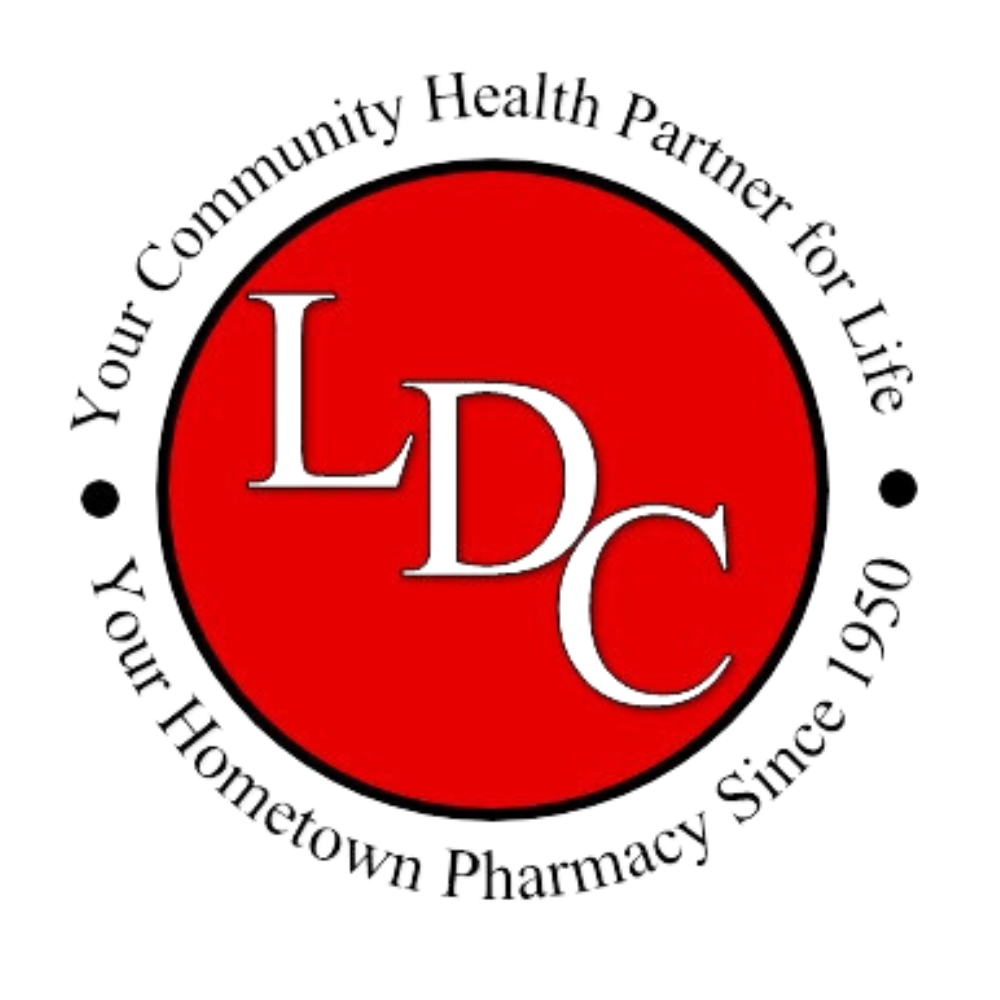Histamine intolerance often leaves people struggling with headaches, digestive upset, or skin irritation without clear answers. Because symptoms resemble allergies, the real cause is easily overlooked.
Vitamin B12 is best known for boosting energy and supporting red blood cells, but it also plays a key role in histamine breakdown. This connection has raised an important question: can B12 supplementation bring relief—or might it sometimes make symptoms worse?
At Lakeland Drug Company, we guide patients through these concerns with pharmacist expertise and personalized supplement recommendations, helping them find balance with confidence.
Understanding Histamine Intolerance
Histamine is a naturally occurring compound with essential functions in the body. It regulates stomach acid, strengthens immune defense, and acts as a messenger between nerve cells. In the right amount, histamine is beneficial.
Trouble arises when the body produces too much or struggles to break it down, leading to intolerance.
Diet, gut health, medications, and even genetics influence how efficiently histamine is processed. While no two patients experience intolerance in the same way, excess histamine can quickly overwhelm the body.
Symptoms of Histamine Intolerance
Histamine intolerance often looks like an allergy, which is why it is so difficult to pinpoint. Common signs include:
-
Nasal congestion, itchy skin, or watery eyes
-
Digestive upset such as bloating, abdominal pain, diarrhea, or nausea
-
Systemic symptoms like fatigue, migraines, brain fog, or rapid heart rate
This wide range of effects makes it easy to misdiagnose, especially since the symptoms fluctuate depending on food choices, stress, or environment.
How Histamine Is Broken Down in the Body
Two enzymes are responsible for histamine clearance: DAO (diamine oxidase), which works in the gut, and HNMT (histamine N-methyltransferase), active inside cells. If either pathway slows, histamine levels rise.
Nutrients are critical to these processes. Vitamin B12, along with folate and B6, powers methylation—the biochemical engine that allows HNMT to neutralize histamine. Without sufficient nutrient support, the body struggles to keep histamine under control.
Vitamin B12: More Than Just an Energy Vitamin
Vitamin B12 helps the body in multiple ways:
-
Supports DNA synthesis and nerve health
-
Aids in the production of neurotransmitters that stabilize mood
-
Prevents anemia by ensuring healthy red blood cell development
-
Maintains cardiovascular health by regulating homocysteine metabolism
Sources of Vitamin B12
Most B12 comes from animal foods such as beef, poultry, fish, eggs, and dairy. Those who follow plant-based diets often require supplementation. B12 supplements come in several forms:
-
Cyanocobalamin: Widely available and stable
-
Methylcobalamin: Active form often used for nervous system support
-
Hydroxocobalamin: Preferred in some cases for slower release
Choosing the right form is especially important for patients with histamine intolerance, as tolerance varies.
Deficiency Risks and Who Is Most Affected
Certain groups are at higher risk of deficiency, including:
-
Vegetarians and vegans
-
Adults over 50 with reduced stomach acid
-
Patients with gut disorders such as Crohn’s or celiac disease
-
Those taking long-term acid-reducing medications
Symptoms of deficiency can include fatigue, pale skin, memory loss, depression, numbness, or tingling sensations. Testing is the best way to confirm a deficiency before supplementing.
The Link Between B12 and Histamine Intolerance
How B12 Supports Histamine Breakdown
Vitamin B12 is essential for methylation, the pathway that allows HNMT to deactivate histamine.
When B12 is low, histamine lingers in the body, intensifying symptoms like itching, fatigue, or digestive upset. Patients often notice relief once B12 levels are restored.
Balancing B12 with Other Nutrients
B12 does not work in isolation. Folate, B6, and magnesium are equally important in supporting histamine metabolism. Taking one nutrient without its partners can create new imbalances.
A comprehensive approach, often with multinutrient support, is safer than high-dose single vitamins.
Who Should Consider Testing for Both B12 and Histamine Levels?
Testing may be valuable if you experience:
-
Persistent fatigue or low energy
-
Tingling, numbness, or cognitive changes
-
Recurring rashes or allergy-like symptoms
-
Ongoing digestive issues despite dietary changes
Managing Histamine Intolerance Through Nutrition and Lifestyle
Low-Histamine Diet Basics
Dietary adjustments are the cornerstone of managing intolerance. Avoid:
-
Aged cheeses, cured meats, wine, vinegar, and fermented vegetables
-
Canned or processed fish
Safer choices include fresh poultry, rice, leafy greens, apples, and pears. Even food storage matters—leftovers often contain higher histamine levels than freshly prepared meals.
Supplement Support
Certain supplements can ease histamine intolerance:
-
DAO enzyme capsules taken before meals
-
B12, folate, and B6 to strengthen methylation
-
Probiotics carefully chosen for their effect on histamine—some strains reduce histamine, while others may increase it
Lifestyle Habits That Help
Daily habits can either calm or worsen symptoms:
-
Stress raises histamine, so activities like meditation, yoga, or walking help.
-
Staying hydrated supports detoxification.
-
Good sleep hygiene keeps both histamine levels and B12 absorption in check.
Lakeland Drug Company: Where Science Meets Personalized Support
 Managing histamine intolerance is never straightforward. At Lakeland Drug Company, we bridge the gap between science and personalized care and services.
Managing histamine intolerance is never straightforward. At Lakeland Drug Company, we bridge the gap between science and personalized care and services.
Our pharmacists provide one-on-one consultations to help patients determine which supplements are necessary, which forms are best tolerated, and how to build a safe, effective routine.
We carefully select supplements for purity and quality—critical for sensitive patients. With both in-store and online support, we make it easy to get expert guidance without confusion or guesswork. Shop our supplements today and take the first step toward balance.
Conclusion: Finding Balance with B12 and Histamine Support
Vitamin B12 plays a complex role in histamine intolerance. For some, it supports better histamine breakdown and eases symptoms. For others, especially those without proper nutrient balance, it may cause discomfort.
The key lies in finding the right approach—one that considers the whole picture of diet, lifestyle, and nutrient needs.
Don’t navigate these challenges alone. Contact Lakeland Drug Company today for pharmacist advice, trusted supplements, and personalized support to help you restore balance, energy, and confidence in your health.

